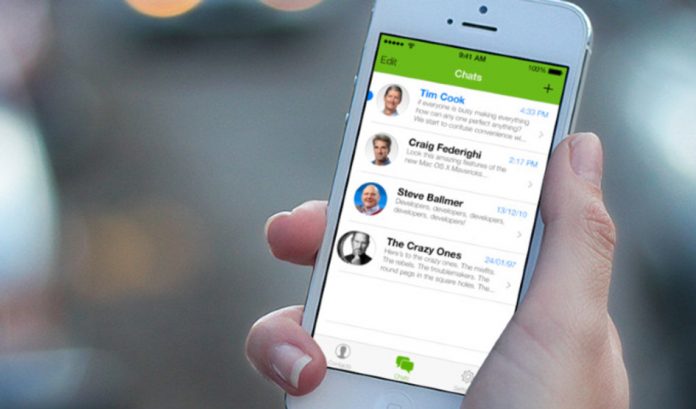
Popular instant messaging application, WhatsApp, has announced the implementation of end-to-end encryption to its service, enforcing users’ conversation privacy to the maximum degree.
Cyber security and internet privacy, in general, have been all around the news for the last few months, with the climax being the battle between the FBI and Apple, where the Feds requested Cupertino to unlock San Bernardino shooter’s iPhone, though the company persisted that such an action would oppose its policy and question the brand’s fidelity toward its customers.
With that in mind, and a few other similar incidents taking place in the same time frame, users have been deeply concerned about their online activity and information stored to their mobile devices.
Hence, WhatsApp seized the opportunity and incorporated end-to-end encryption to its world renowned instant messaging platform – over one billion users are on WhatsApp at the time of writing.
In case you are not familiar with end-to-end encryption, its inclusion to WhatsApp means that the people who can access a conversation are solely the two members that are involved, the sender and the recipient – the same obviously applies for a group chat as well.
As Vox has correctly pointed out in its own piece about the matter, “It’s not that the company doesn’t want to help, but it simply cannot.”
“No one can see inside that message. Not cybercriminals. Not hackers. Not oppressive regimes. Not even us,” WhatsApp founders Jan Koum and Brian Acton stated in the respective blog post. “End-to-end encryption helps make communication via WhatsApp private — sort of like a face-to-face conversation.”

Image credit: Windows Central
On a less relevant note, it is worth noting that WhatsApp has made its services available to a wide range of mobile operating systems and handsets. That would include even the obscure ones, such as Nokia S40 and Nokia S60, besides the front running names; iOS, Android and Windows Mobile.
Furthermore, as we have mentioned in the title, even if the FBI came knocking on WhatsApp’s door, the company wouldn’t be capable of vitaly contributing, since it genuinely cannot open your messages.
Though, there are still millions of users out there that prefer other alternatives instead of WhatsApp. The most popular amongst them is Viber, which, according to Statista, currently serves over 700 million users – which might be less than WhatsApp’s 1 billion, but it still is quite significant.
Will the rest IM apps follow suit? Only time will tell. In the meantime, let us know what you think in the comments below.











This is such an important issue. Thank you for bringing attention to it. I'm surprised by how little people seem to know about this, especially following the major motion picture "Blood Didatnm&quoo; that came out a few years ago!